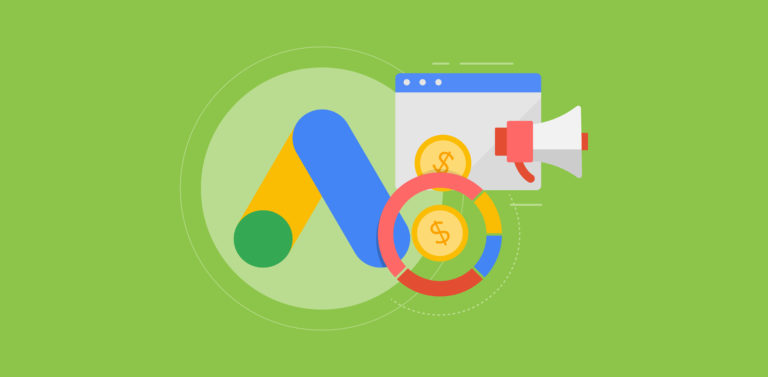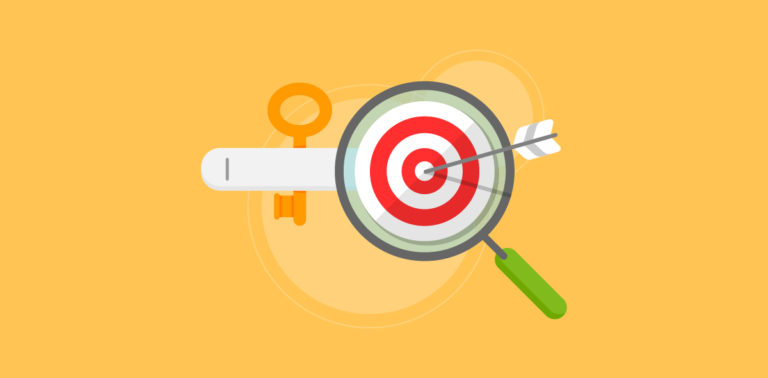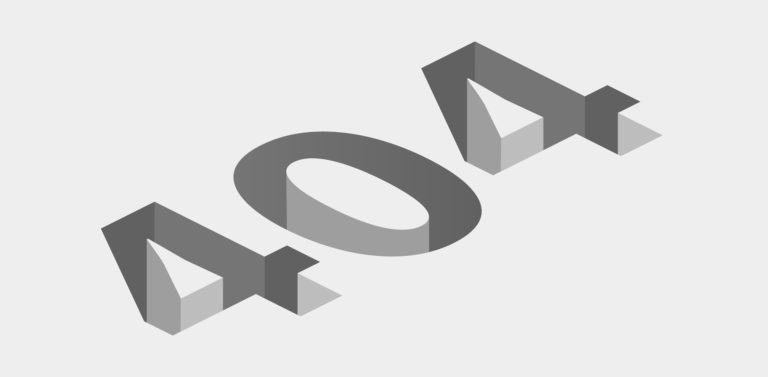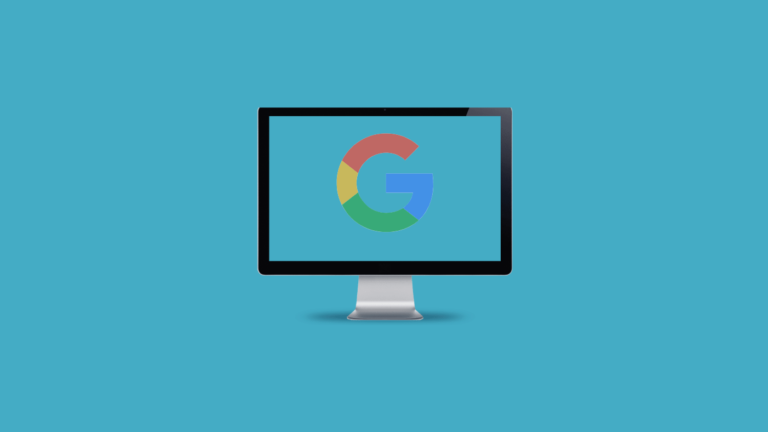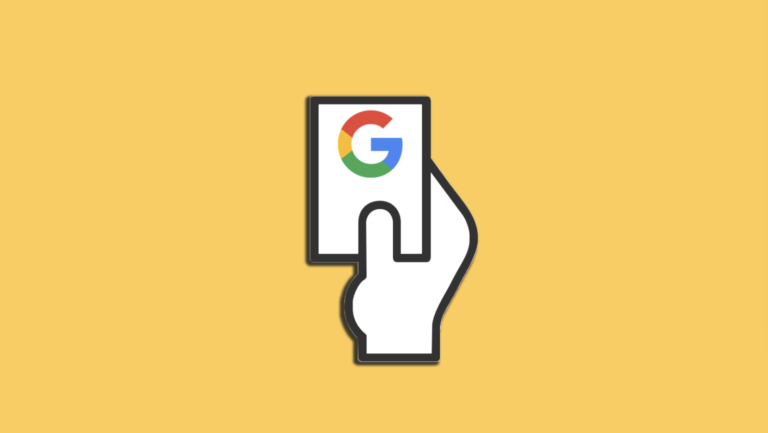We recently had a client launch a new site in Wordpress. It was appropriately in a staging area before launch. Instinctively upon hearing the news of the launch, we decided to look for a robots tag. Sure enough, every page was marked as “noindex, nofollow”. The client was able to make the change before Google crawled the new site. Above I said “instinctively” because, well, this isn’t the first time I’ve seen a site launch set to block search engines. It’s probably not even the 50th. I worked on an eCommerce platform where many sites launched with this issue. Wordpress – as fine a platform as it is – makes it super easy to launch set to noindex. Since developers often build sites in staging areas, they’re wise to block bots from inadvertently discovering their playground. But, in the hustle to push live an update or new design, they can forget a tiny (yet crucial) check box. I’ve gathered up three different ways you can monitor your clients’ sites, or even your own, without the use of server logs or an education in server administration. There’s different kinds of website monitoring (e.g., active, passive), but I’m keeping it simple and applicable for anyone. I wanted to pick a few that were diverse, free or affordable

